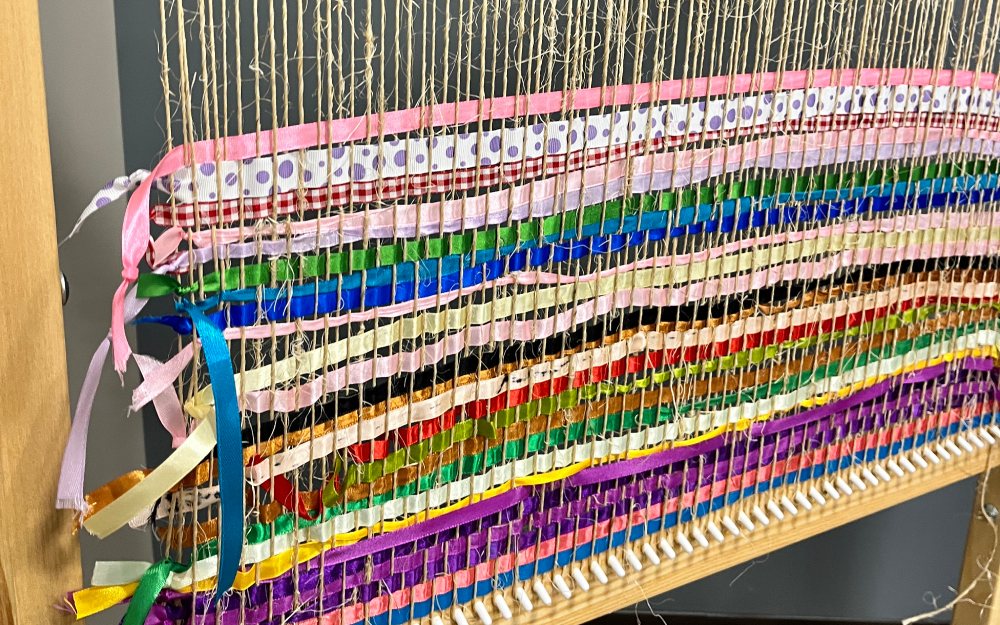
Mother of former patient writes of Nashotah program’s life-changing impact
10/21/19 10:07:am
“Our bright, engaging daughter began struggling with anxiety and depression shortly after starting high school. We got her therapy, then a psychiatrist, then yoga, then group. Nothing was working. She seemed caught in a downward spiral of self-destructive choices, feeling helpless, stuck, and out of control. She was cutting herself, cycling through unhealthy friendships and dating relationships, restricting her eating, experiencing extreme mood swings, making impulsive and reckless decisions, and missing school to the point of repeating a grade. And this was a former straight-A student who was well-liked by peers and adults—the kind of kid who seemed to have everything going for her.”
After spending two years trying to find the right therapist and trying different medications, her daughter had attempted suicide twice and been admitted for six short-term hospitalizations. The family knew it was time to consider a residential treatment program, though they remained cautious.
"We were terrified, so we wanted to be extremely careful about our choice of treatment. When we saw a description of the Nashotah Program at Rogers Behavioral Health in Wisconsin, it seemed to be describing our daughter specifically.
As soon as our daughter arrived, we saw that the staff was handling things differently than other hospitals. They didn’t allow bonding with peers over unhealthy behaviors or past traumas. They didn’t reward helplessness or being in a state of crisis with extra attention, but instead focused their attention on promoting effective behaviors, choices, and progress. They taught coping skills, emotional regulation strategies, and a healthier perspective that our daughter was able to practice, then internalize. The holistic DBT approach worked when nothing else did, and it saved my daughter from years of suffering."
While she recognizes that many factors contributed to her daughter’s success, she’s especially thankful for the dedicated care her daughter received from the treatment team.
“The therapeutic environment promoted independence and a stronger sense of self. Dr. Ulland and Jo, our daughter’s psychiatrist and therapist, provided world-class treatment.”
Today, her daughter is back on the right track and looking forward to everything that’s to come.
“Our daughter came home on fewer medications than she went in on, and now three months after discharge, she has her life back. She’s avoiding unhealthy relationships and building the life she wants for herself. She finished her coursework, sat for the SAT, and is now on track to apply to college.”
Dr. Erik Ulland, medical director of the Nashotah Program, says that hearing patient success stories like this one is always a good feeling. “I’m proud of her and feel joy for her accomplishments and continued growth,” says Dr. Ulland. “I’m also very proud of the team that made this remarkable change possible. When comprehensive DBT is applied, the hopeless become the hopeful.”
Jolie Fritz, lead therapist at the Nashotah Program and the “Jo” mentioned in the letter, says this patient and her family were committed to the treatment plan and showed a willingness to examine their own patterns of expression and communication. This commitment, which also included active participation in Parent University, helped make the patient’s remarkable recovery possible. “I’m extremely moved and grateful that this family was willing to share their story,” Jolie says. “My hope is that it provides comfort and hope to other families who may be lost, confused, or scared and encourages them to seek help.”





